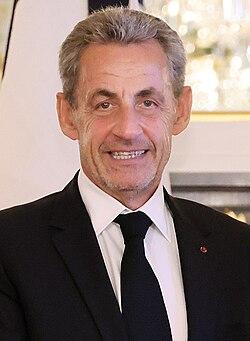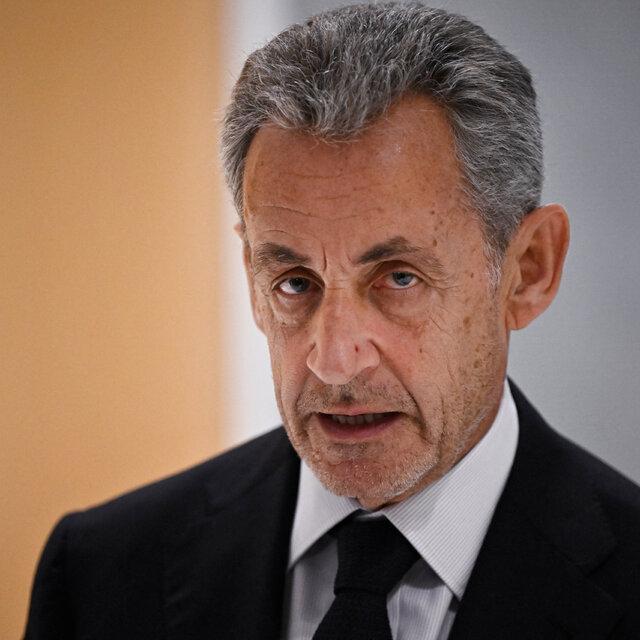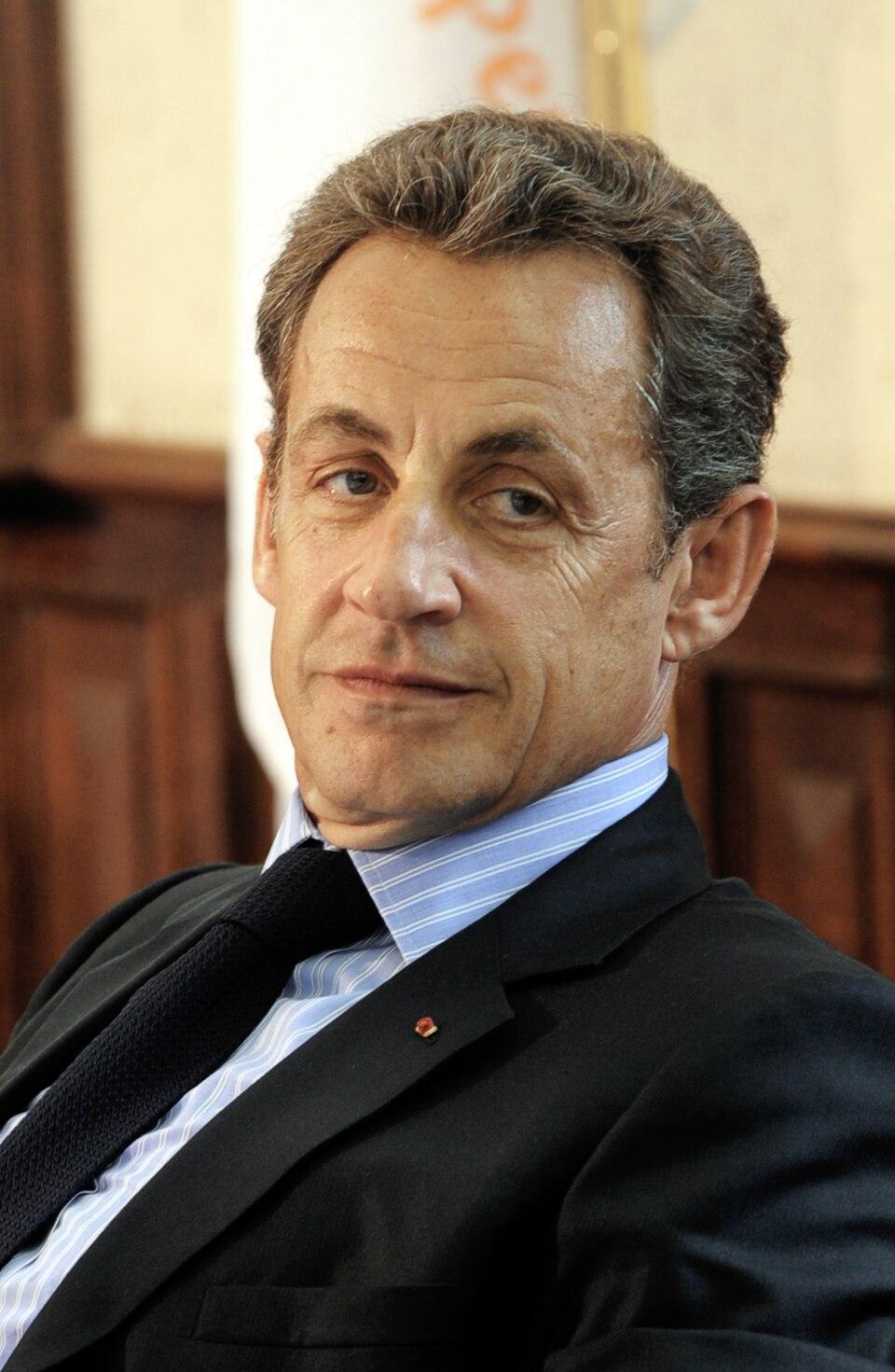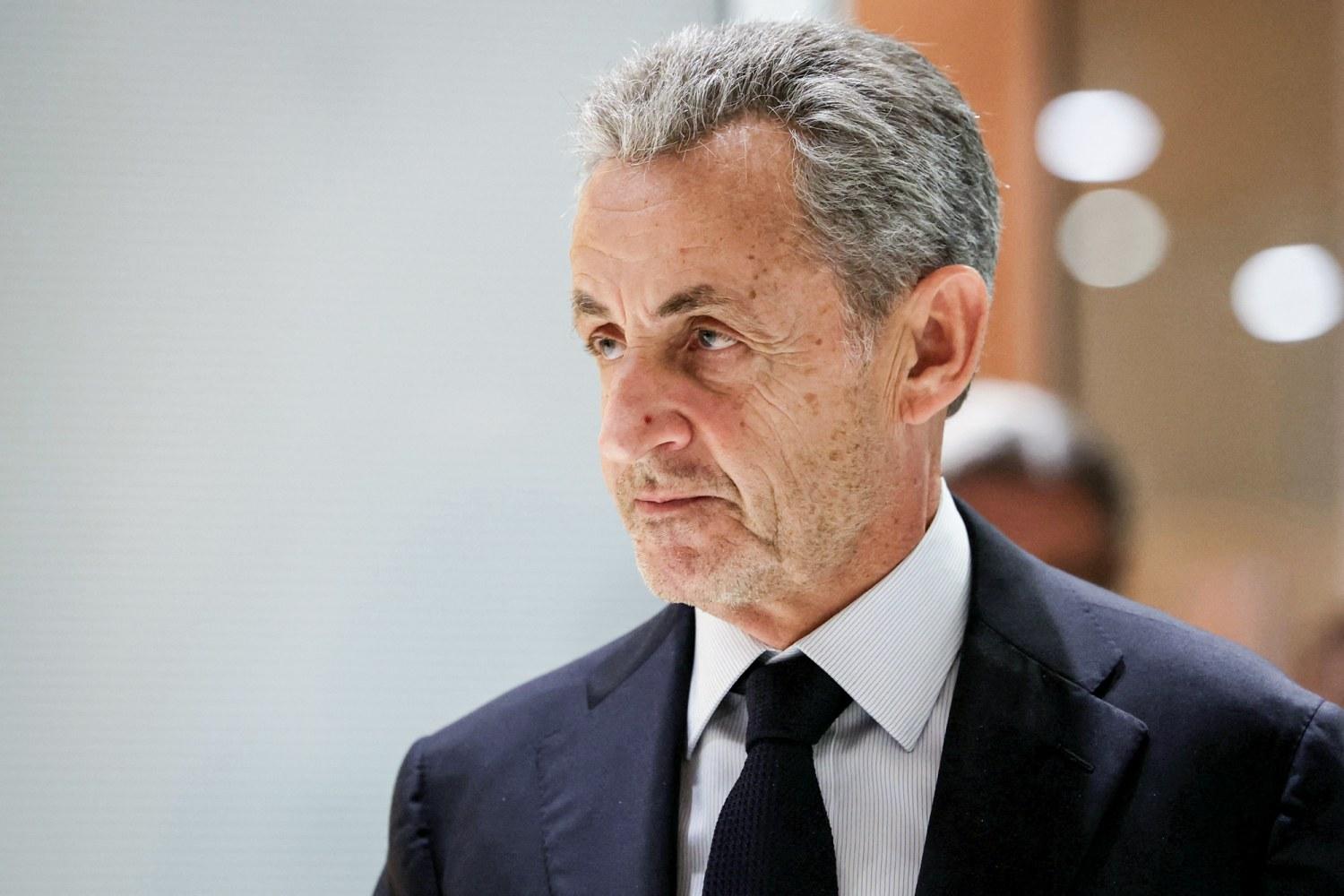Former French President Sarkozy Convicted: Implications for French Politics
The conviction of former President Nicolas Sarkozy on charges related to the Libya financing case has sent shockwaves through the French political landscape. This landmark ruling, which includes a five-year prison sentance-though he is likely to serve at least part of it under house arrest-marks the culmination of a long and contentious examination into allegations that he received millions from the late Libyan leader Muammar Gaddafi to fund his 2007 presidential campaign.The ramifications of this decision extend beyond Sarkozy himself, possibly altering the dynamics of political power in France as his conviction raises questions about the integrity of political financing and accountability among elected officials.
The implications for the broader political climate are profound. With Sarkozy’s legal troubles unfolding,several key issues are brought to the forefront:
- Trust in Leadership: The ruling may deepen public skepticism regarding the integrity of politicians,further eroding trust in public institutions.
- Impact on The Republicans Party: As a prominent figure within the party,Sarkozy’s conviction poses a significant challenge for the Republicans,raising uncertainty about their future leadership and direction.
- Potential Legal Precedents: This case could set a significant precedent for future investigations into political financing in France, potentially leading to stricter regulations and oversight.

Examining the Libya Case: Key Evidence and Legal arguments Uncovered
The conviction of former French president Nicolas Sarkozy in connection with the Libya case has reignited international attention on the alleged illicit campaign financing that took place during his 2007 presidential run. Central to the proceedings were several pieces of evidence that pointed toward a web of corruption. Key documents unveiled during the trial included:
- Emails and communications between Sarkozys’ circle and Libyan officials suggesting an agreement on financial assistance for Sarkozy’s campaign.
- Testimonies from former Libyan officials indicating that the late Muammar Gaddafi had pledged considerable sums to support Sarkozy’s election.
- Financial records that tracked the movement of funds, raising red flags about the origins of contributions made to Sarkozy’s campaign chest.
In addition to the documentary evidence, prosecutors focused on legal arguments that highlighted the breach of electoral laws and the misuse of state resources. Sarkozy’s defense contended that the payments constituted legitimate fundraising, asserting that there was no direct evidence linking him to any wrongdoing.However, the court found the weight of evidence overwhelming, leading to a five-year prison sentence, two of which are to be served in custody. This landmark case not only reinforces the principle of accountability for public officials but also underscores the complexities of international campaign finance,particularly in regions marked by political instability and corruption.

Public Reaction to sarkozy’s sentence: Trust in Democracy at Stake
The sentencing of former French president Nicolas Sarkozy has ignited a firestorm of public debate and scrutiny across France,with many citizens questioning the integrity of their democratic institutions. As reactions pour in from various sectors of society,the mood appears to be one of profound unease. Critics argue that Sarkozy’s five-year prison term signifies a critical juncture for French democracy, revealing potential biases within the judicial system.Public sentiment can be categorized into different reactions, reflecting the deep divisions in contemporary French society:
- Support for Accountability: Many citizens applaud the verdict as a necessary step toward restoring faith in political accountability, signaling that no one, irrespective of their influence, is above the law.
- Concerns Over Political persecution: Conversely, a significant number perceive this outcome as politically motivated, suggesting that the judiciary may be wielded as a weapon against former leaders who threaten the current establishment.
- Disillusionment with Democracy: A rising chorus of voices expresses disillusionment, feeling that such shake-ups in leadership only underscore systemic issues in French governance.
Social media platforms have become battlegrounds for these discussions, with hashtags trending in support of and against Sarkozy. Polls indicate a mixed narrative: while some believe that justice has been served, others fear that the politicization of legal frameworks could undermine public trust. Key among these fears is the prospect that the fallout from this case could lead to a polarization of politics in France, impacting voter behavior in upcoming elections.As the implications of Sarkozy’s sentence unfold, it remains to be seen whether this moment will galvanize a renewed commitment to democratic principles or lead to widespread cynicism regarding their efficacy.

Future of Sarkozy’s Political Legacy: Lessons Learned from the Libya scandal
The recent conviction of former French president Nicolas Sarkozy serves as a critical juncture in the examination of his political legacy, especially in light of the Libya scandal. The implications of this case extend beyond Sarkozy’s personal fate, offering vital insights into the intertwined nature of politics and ethical governance. As France grapples with the aftermath of Sarkozy’s decisions during his presidency, it becomes essential to analyze the ramifications of accepting foreign funding and the inherent risks associated with such practices. By leveraging the lessons learned from this scandal, future leaders can better navigate the complex landscape of geopolitical alliances while safeguarding democratic integrity.
In reflecting on Sarkozy’s tenure, several key lessons emerge that could shape the future political landscape in France and beyond:
- Openness is crucial: A commitment to transparency in political financing must be prioritized to restore public faith in governance.
- Accountability Matters: Politicians should be held to rigorous standards to ensure that their actions maintain ethical integrity.
- Geopolitical Relationships Require Oversight: Diplomatic decisions made under pressure need critical scrutiny to avert compromising national interests.
As the narrative of Sarkozy’s legacy unfurls, it serves as a cautionary tale for current and future political figures, urging them to foster an ethos of integrity, accountability, and conscientious leadership amidst the complexities of international relations.
